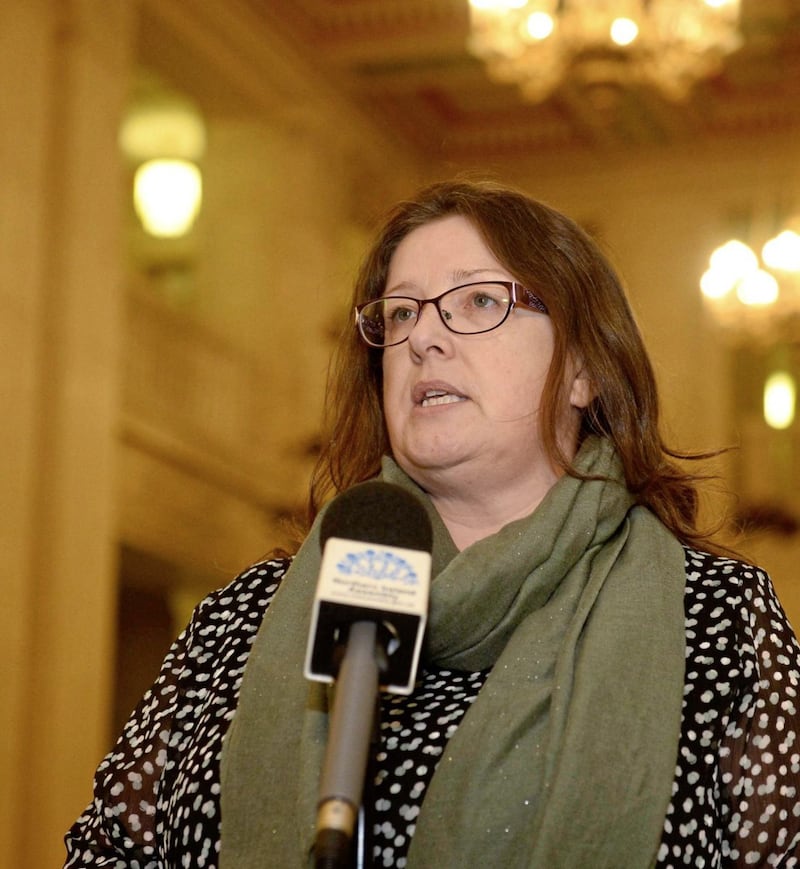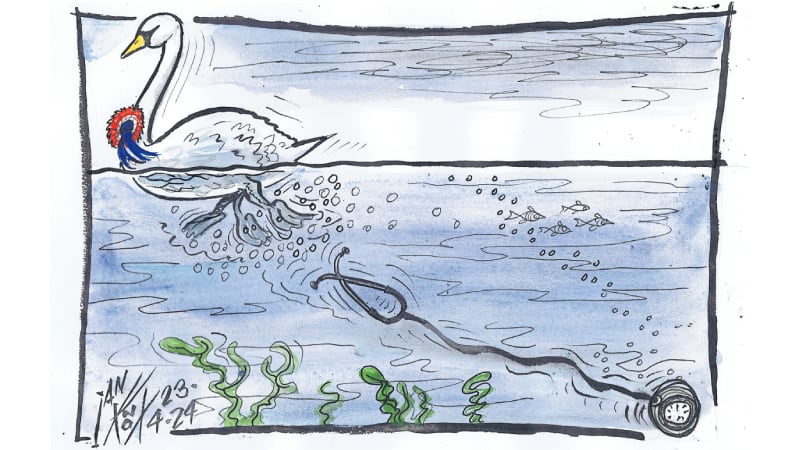COUNTLESS surveys show widespread support for integrated education yet the vast majority of children are schooled in institutions that are either in the state controlled or Catholic maintained sectors.
It’s a system some believe reinforces apparent differences and perpetuates societal division. For all its well-intentioned aims, integrated education remains the poor relation in a sector resistant to change, where powerful interests, namely the churches and grammar schools, appear content with the status quo.
Stormont’s typically unambitious, half-baked solution has been ‘shared education’, an approach that effectively copper-fastens segregated schooling but in an environment where pupils can almost touch those they’re being kept apart from.
The Department of Education is already required to encourage and facilitate integrated education, but Kellie Armstrong’s private member’s bill seeks to shift the dynamic through its promotion, reform and expansion.
She aimed to step up in the continued absence of the Stormont executive setting an example, despite commitments dating back to the Good Friday Agreement.
Her bill seeks to increase the number of places available and set targets for the number of children being educated in integrated schools.

Opponents claim it will result in a “three-tier system”, while supporters say it will merely create a “level playing field”.
Since its introduction in June last year, the bill has been debated at several stages, considered by committee and heavily amended. Yet the DUP, whose previous leader Peter Robinson once compared the north’s segregated education system to apartheid South Africa, still argued that the legislation was flawed.
The party and less than a handful of allies sought to derail the bill through a petition of concern, the first time the assembly’s veto mechanism has been used in the two years since devolution was restored.
Sir Jeffrey Donaldson and his colleagues looked to pressurise the Ulster Unionists into supporting its intervention to ensure the DUP wasn’t isolated. Pre-Doug Beattie UUP may have acquiesced but the current leader wants to put clear blue water between the two unionist parties and therefore said his party would “not abuse a mechanism that we put in in good faith in 1998”.
But while the Ulster Unionists didn’t sign the petition of concern, the party’s MLAs didn’t support the bill either, a stance which appears to have pleased nobody.
Mr Beattie will have a lot explaining to do on the doors as he seeks to woo back voters who have been emigrating to Alliance.
The bill passed yesterday regardless, with a majority of 11, support coming exclusively from those who designate 'nationalist' or 'other' – not a good look for the unionist bloc and arguably another short-sighted act of self-harm that they'll struggle to justify.
Yet despite the hours of impassioned debate and claims about the ruination of what some still misguidedly refer to as the 'best education system in the world', the consensus is that Kellie Armstrong's bill won't have that much of an impact on the north's schooling system.
A raft of amendments designed to safeguard particular interests and curtail the legislation's ambition will ensure that what emerges is a watered down version of what was initially envisaged.
What yesterday's vote did demonstrate, however, is that change is possible.








